All Resources
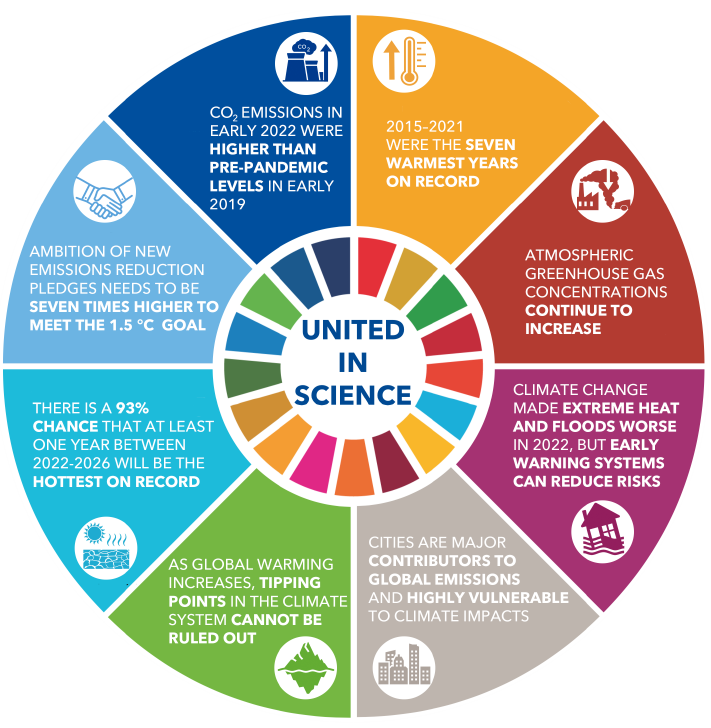
WMO United in Science 2022
This report has been compiled by the World Meteorological Organization (WMO) under the direction of the United Nations Secretary.

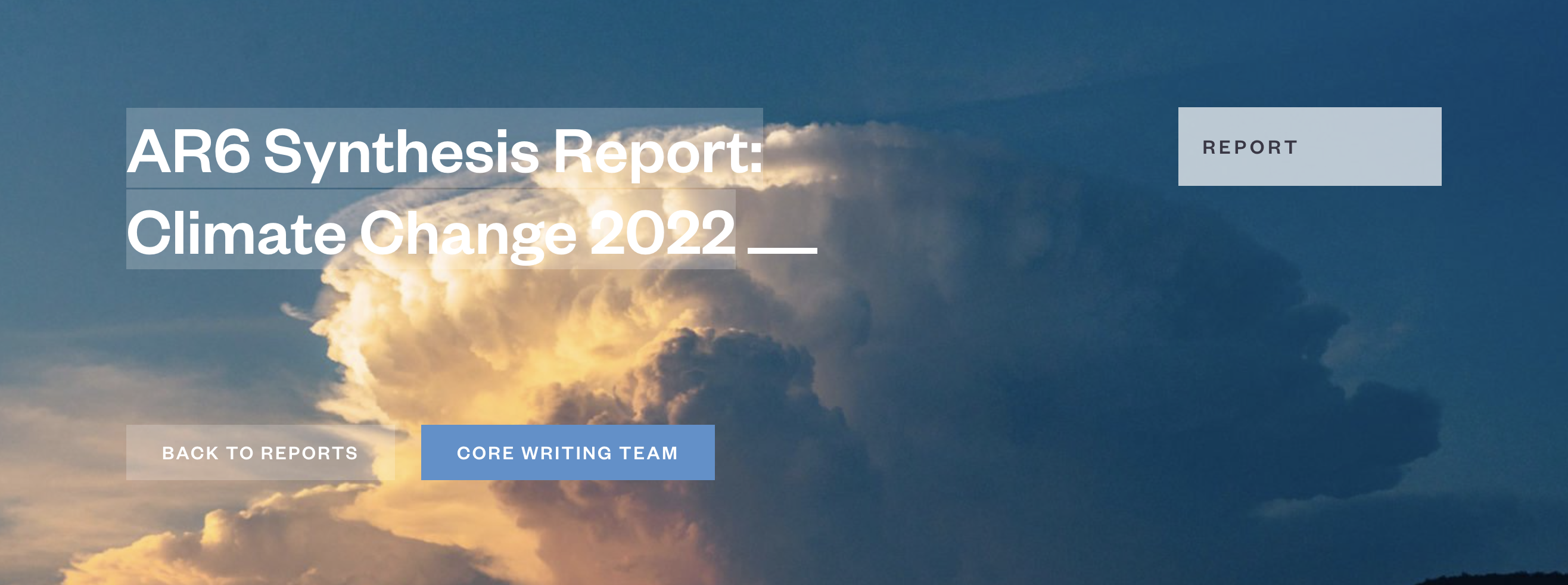
IPCC AR6 Synthesis Report: Climate Change 2022
The IPCC is currently in its Sixth Assessment cycle, during which the IPCC will produce the Assessment reports of its three Working Groups, three Special Reports, a refinement to the methodology report and the Synthesis Report.

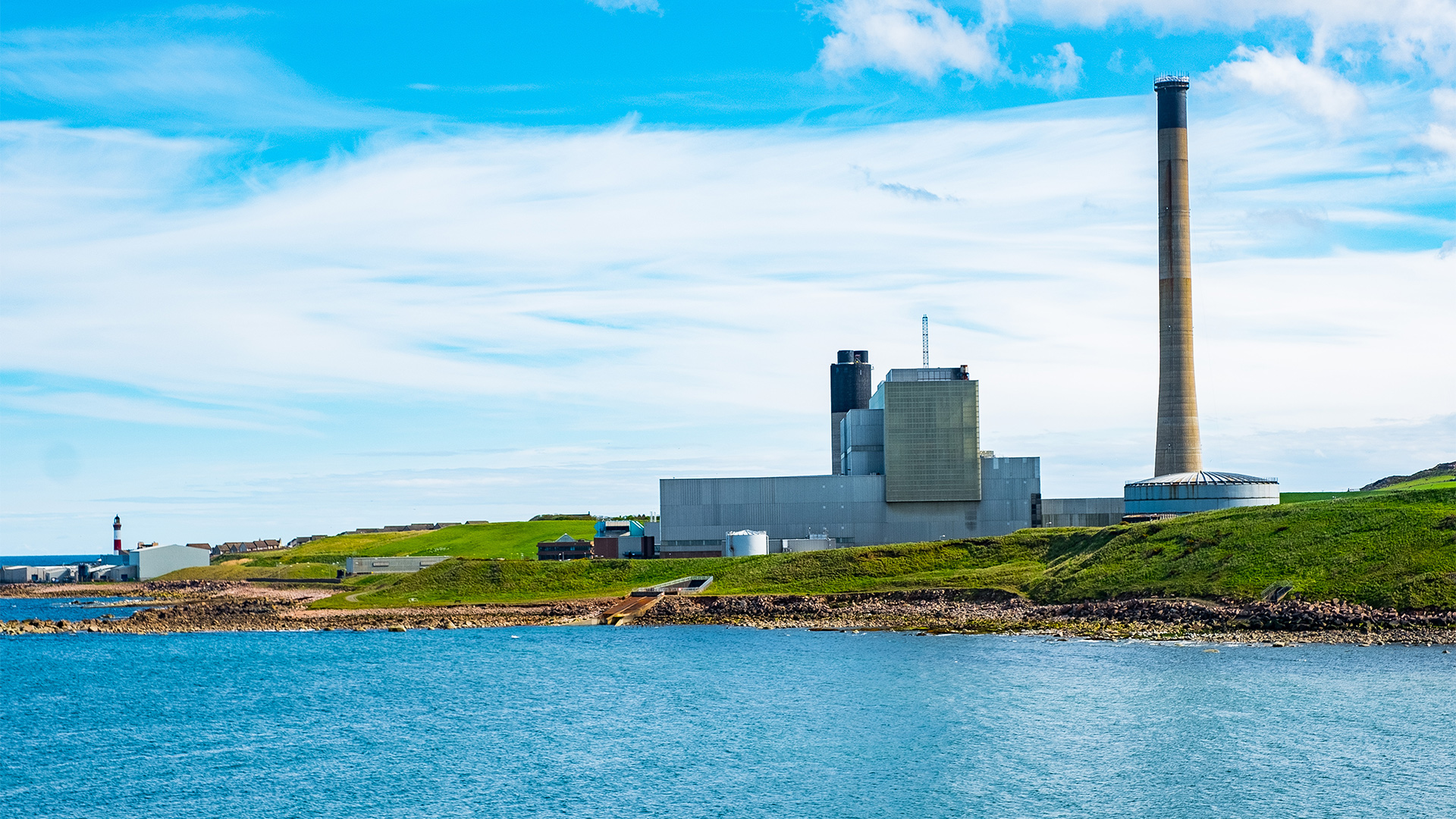
UK’s Nationally Determined Contribution, update September 2022
The Paris Agreement provides for the international community to keep the increase in global average temperature to well below 2°C above pre-industrial levels, and to pursue efforts to limit the temperature increase to 1.5°C.


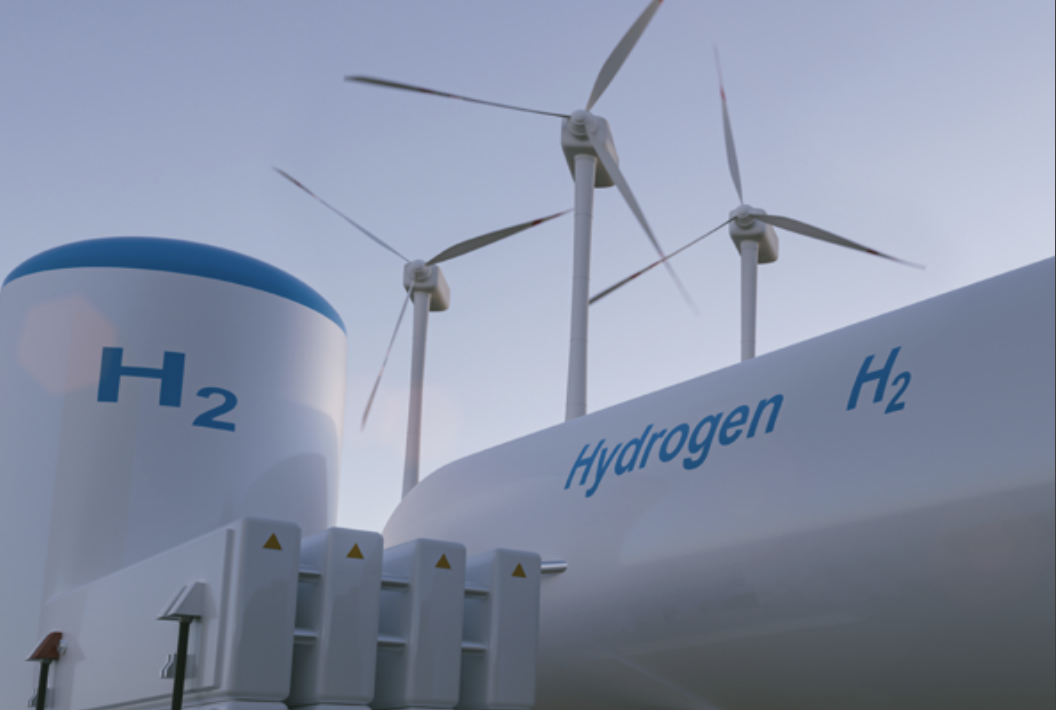
UK Hydrogen Strategy
The UK Hydrogen Strategy sets out how we will drive progress in the 2020s, to deliver our 5GW production ambition by 2030 and position hydrogen to help meet our Sixth Carbon Budget and net zero commitments.

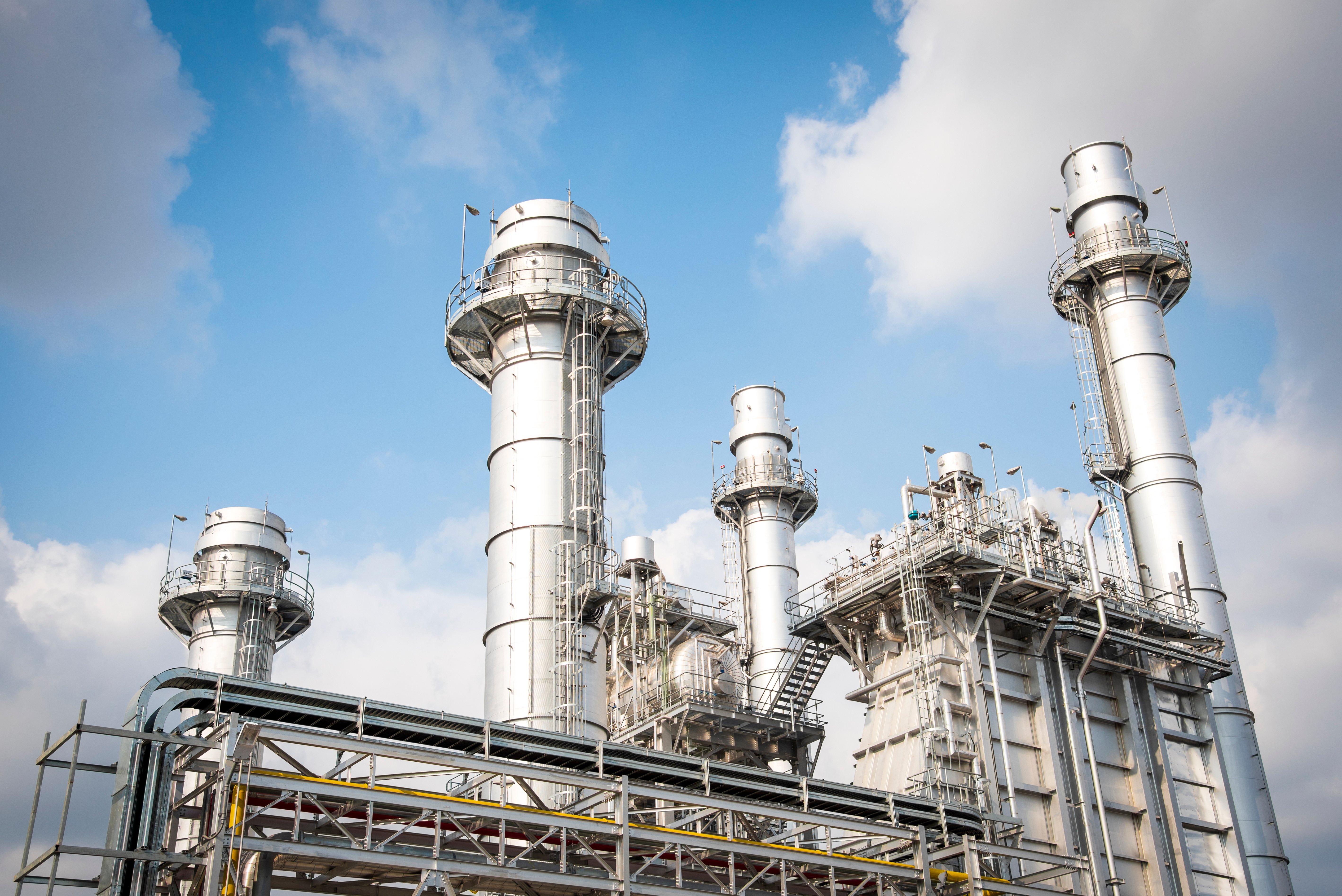
The CCC’s 2022 Progress Report to Parliament
This statutory report provides a comprehensive overview of the UK Government’s progress to date in reducing emissions. It is accompanied by a new Monitoring Framework which details the CCC’s updated approach to tracking real-world progress through a host of new indicators.

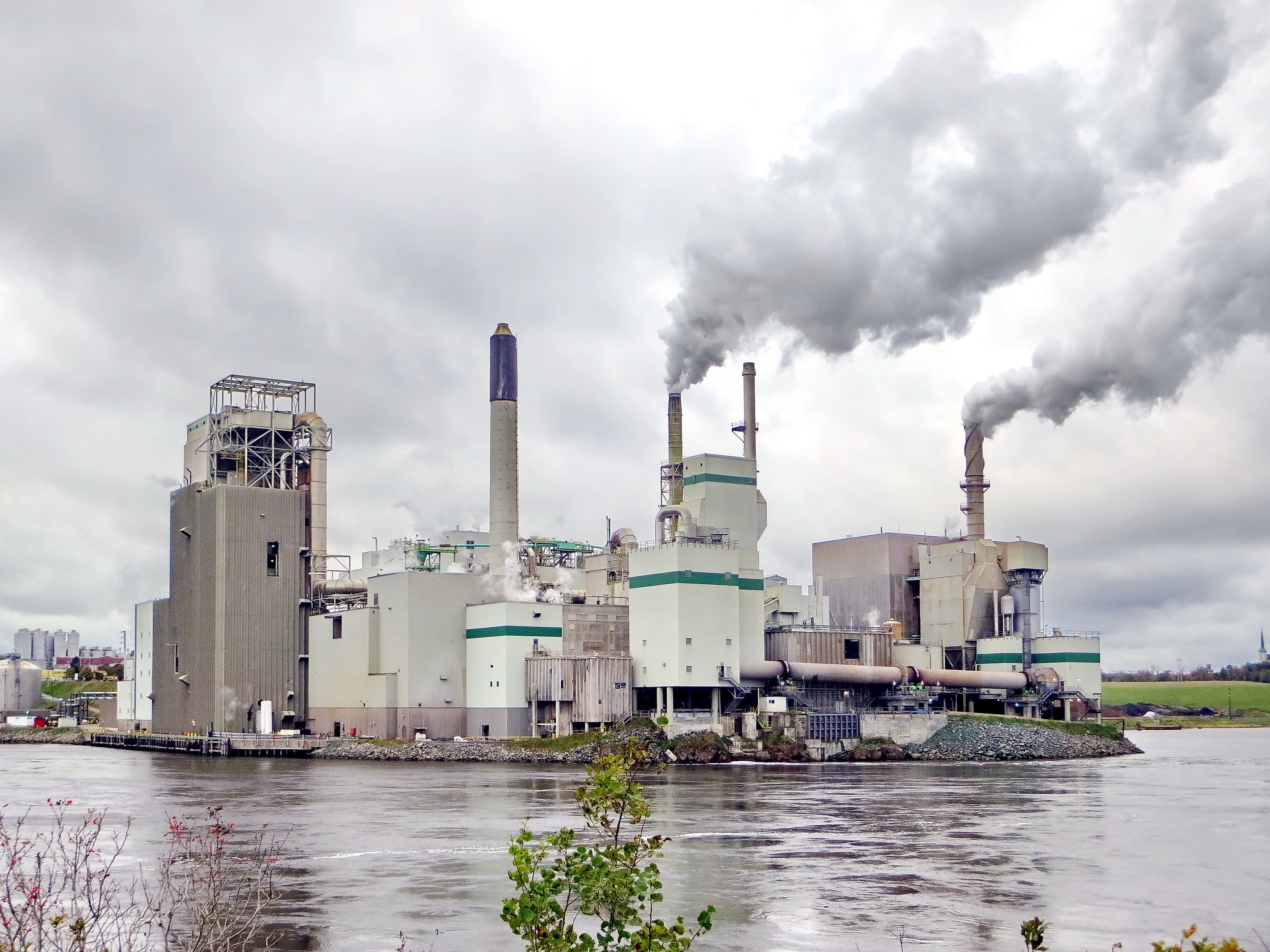
Letter from Kwasi Kwarteng on Accelerating investment to protect Britain’s energy security
The North Sea has provided the UK with a stable domestic supply of oil and gas for the last 50 years and it has a bright future. T

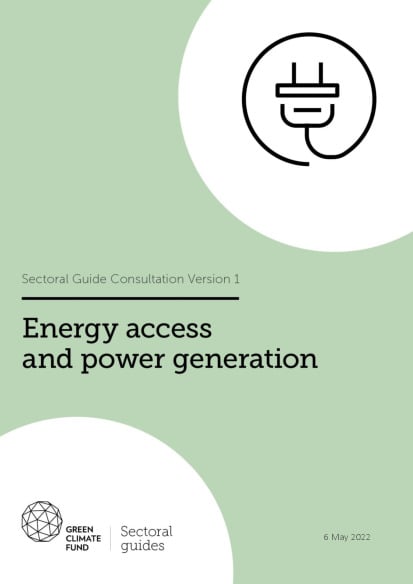
May 2022
The energy sector is one of the largest contributors to greenhouse gas emissions due to the world’s reliance on fossil fuels (around two thirds of global emissions are from the energy sector).

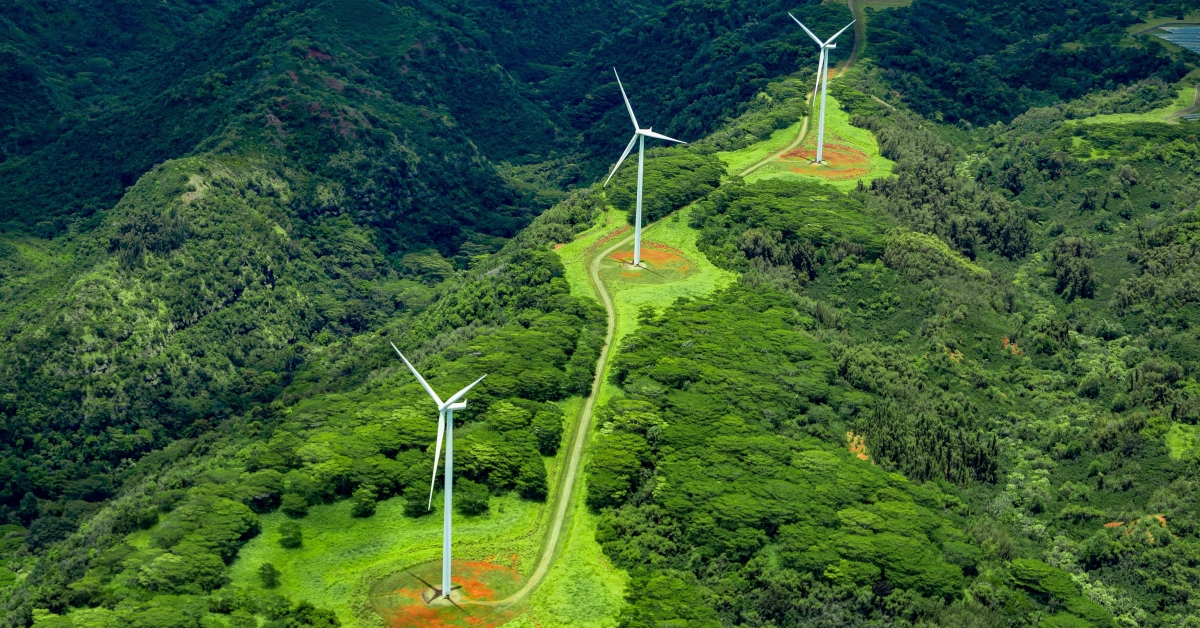
World Economic Forum Report: Fostering Effective Energy Transition
Navigating the energy transition through a
turbulent phase requires a balanced approach.

.webp?width=5184&height=2715&name=appolinary-kalashnikova-WYGhTLym344-unsplash%20(1).webp)
Working group 3 contribution to AR6 IPCC Report
The Working Group III (WG III) contribution to the IPCC’s Sixth Assessment Report (AR6) assesses literature on the scientific, technological, environmental, economic and social aspects of mitigation of climate change

.jpeg?width=4536&height=2375&name=towfiqu-barbhuiya-nApaSgkzaxg-unsplash%20(1).jpeg)
UK Government’s British energy security strategy
Energy is the lifeblood of the global economy. From heating our homes to powering our factories, everything we do depends on a reliable flow of affordable energy.


IEA Report on Direct Air Capture
This report was prepared by the Energy Technology Policy Division, led by Timur Guel, in the Directorate of Sustainability, Technology and Outlooks at the International Energy Agency (IEA).

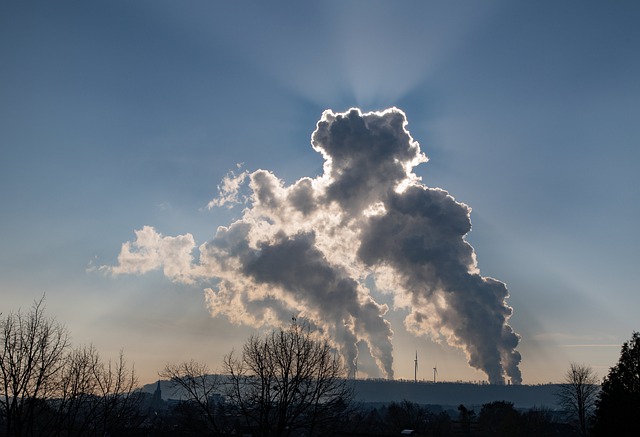
NSTA Announcement invites bids in UK’s first-ever Carbon Storage Licensing Round
The new carbon storage areas, alongside the six licences which have been issued previously, could have the ability to make a significant contribution towards the aim of storing 20-30 million tonnes of carbon dioxide (CO2) by 2030.


Green Climate Fund Annual Results Report 2021
The Green Climate Fund (GCF) – a critical element of the historic Paris Agreement – is the world’s largest climate fund mandated to support low-emission, climate-resilient development pathways.


Spring Statement
Spring Statement 2022 takes place following the unprovoked, premeditated attack Vladimir
Putin launched on Ukraine. The invasion has created significant uncertainty in the global
economy, particularly in energy markets


Is Scotland climate ready? – The CCC’s 2022 Report to Scottish Parliament
The report shows that, whilst Scotland’s vision for a well-adapted nation is welcome, more needs to be done to translate ambition into actions that are commensurate with the scale of the challenge.


Working group 2 contribution to AR6 IPCC Report
This Summary for Policymakers (SPM) presents key findings of the Working Group II (WGII) contribution to the Sixth Assessment Report (AR6) of the IPCC1. The report builds on the WGII contribution to the Fifth Assessment Report (AR5) of the IPCC, three Special Reports2, and the Working Group I (WGI) contribution to the AR6 cycle.

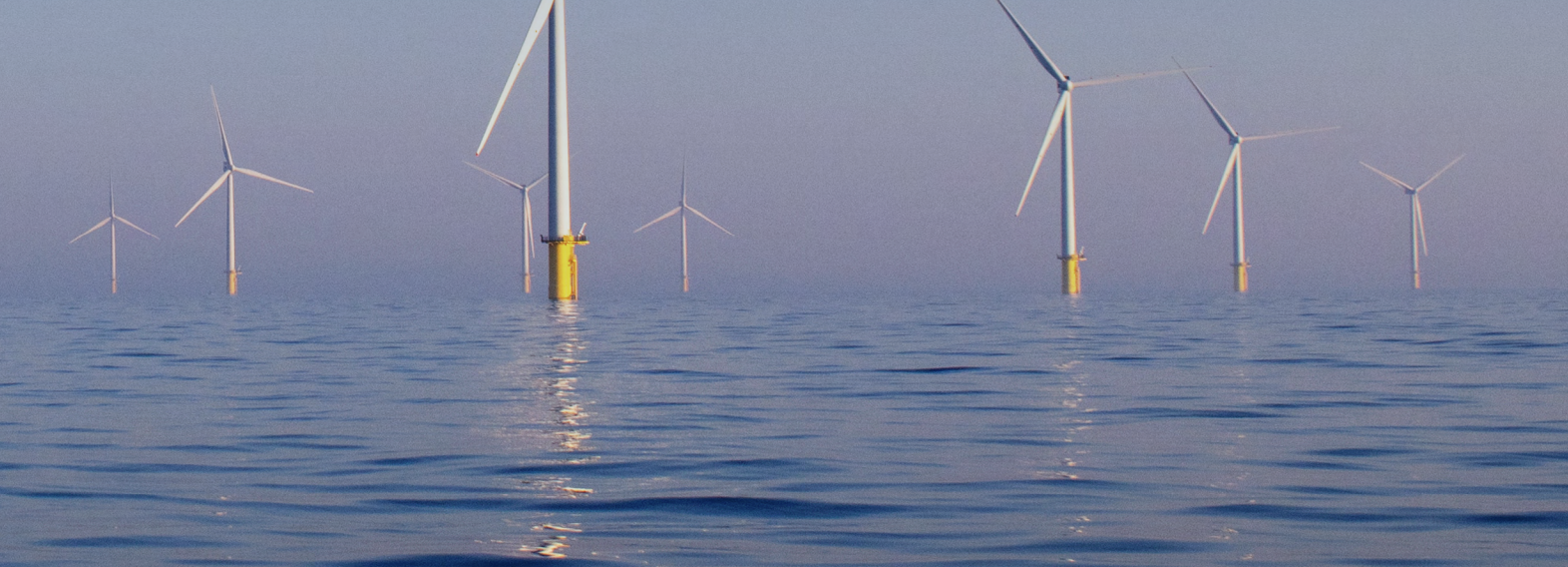
UK Government’s Net Zero Strategy: Build Back Greener
From heating our homes to filling up our cars,
burning fossil fuels releases the greenhouses
gases that increase global temperatures. We are already seeing the effects here in the UK, with devastating floods in the West Midlands in January and torrential downpours submerging London Underground stations earlier this summer.

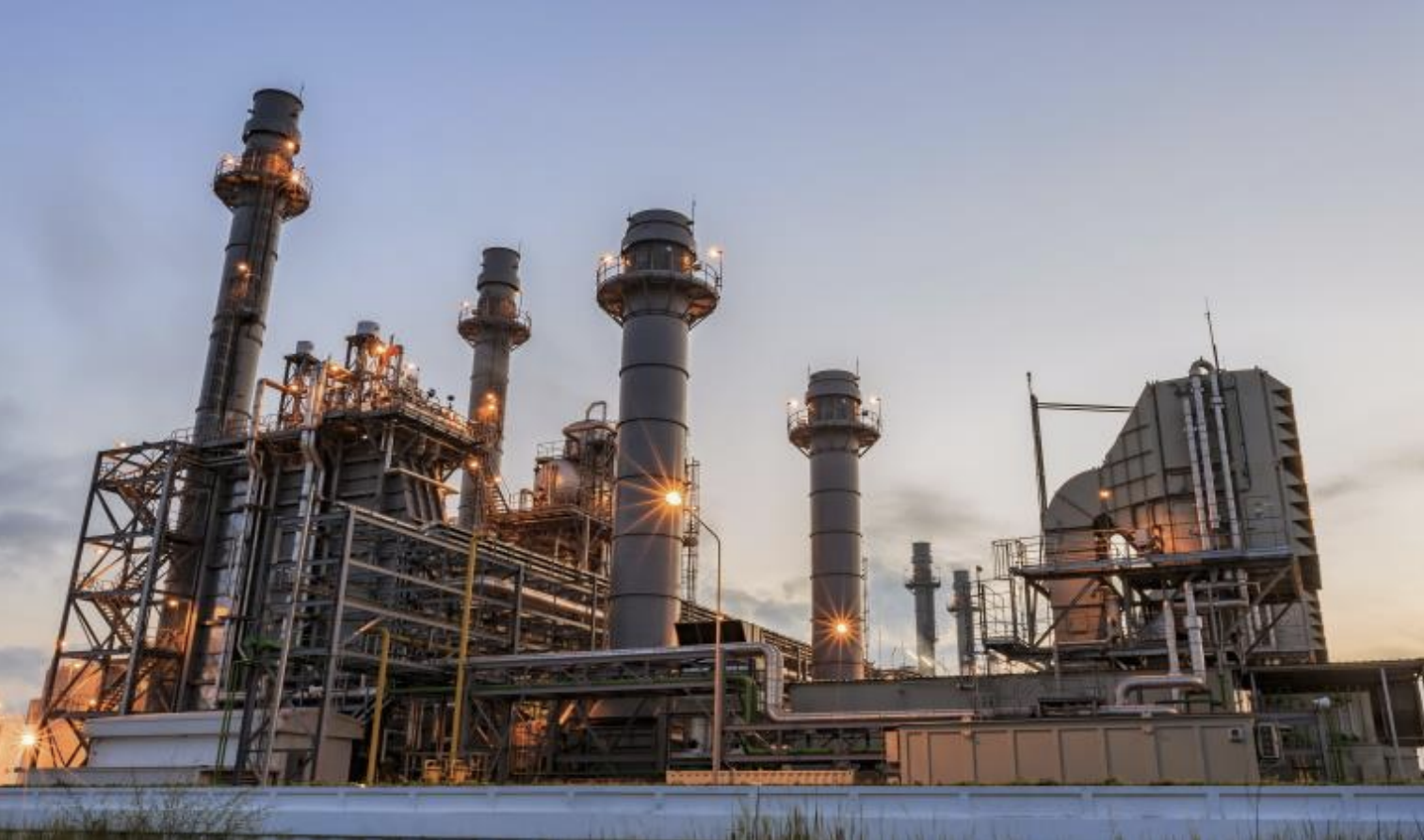
CCSA Economic Analysis of UK CCUS
The UK is in the early stages of developing a CCUS industry, with ambition to deploy four clusters and capture at least 10 million tonnes of CO2 annually by 2030. We explore the economic impacts of this deployment, review some lessons from the success of the offshore wind industry to highlight policy gaps, and estimate the ongoing funding levels that will be required to roll-out CCUS in the UK.

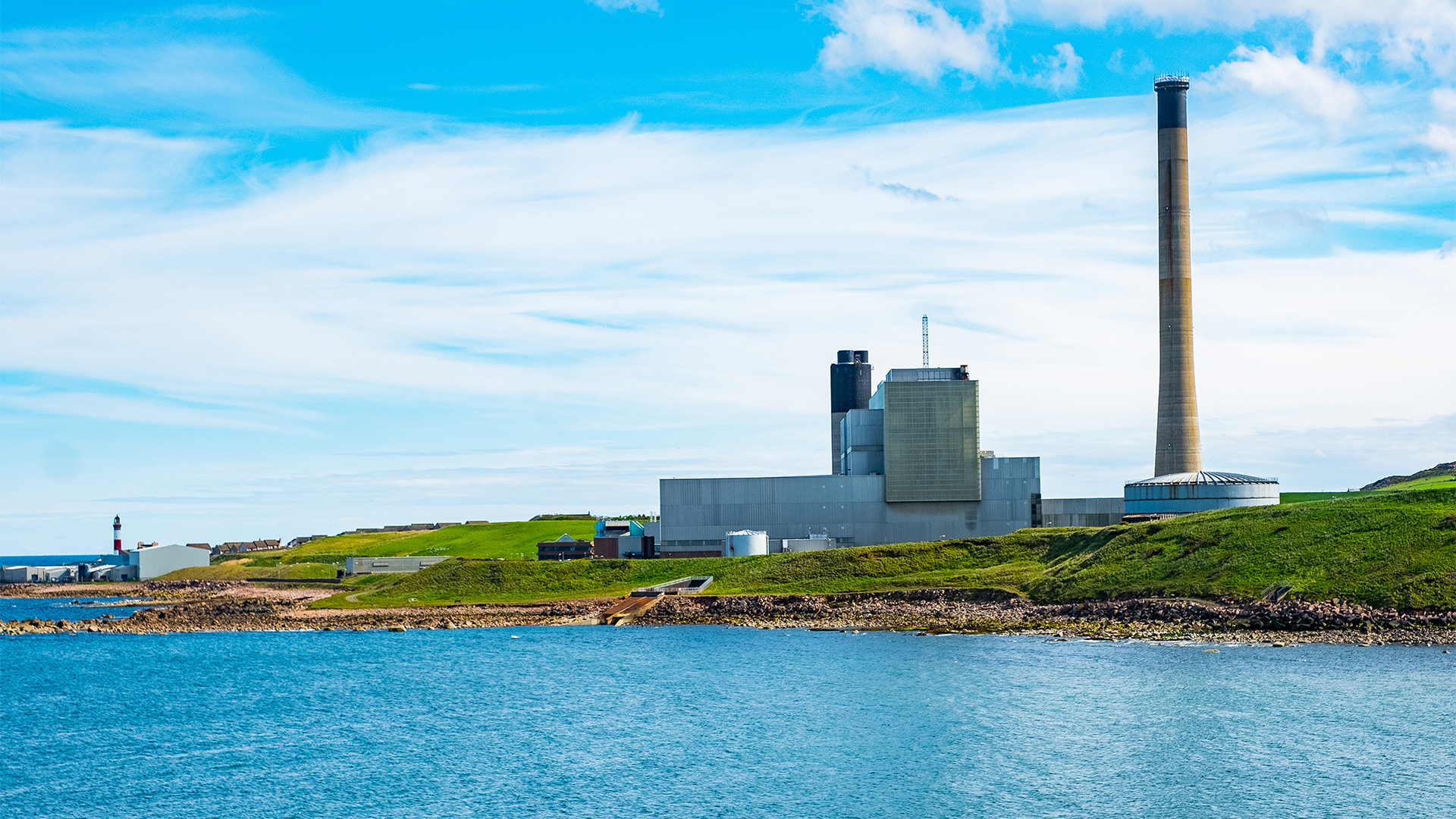
UK Government Policy Paper on Carbon capture, usage and storage (CCUS) supply chains: a roadmap to maximise the UK’s potential
This roadmap sets out how government and industry can work together to harness the power of a strong, industrialised UK CCUS supply chain, while ensuring that the CCUS sector as a whole remains investible, cost effective and focused on delivery.



